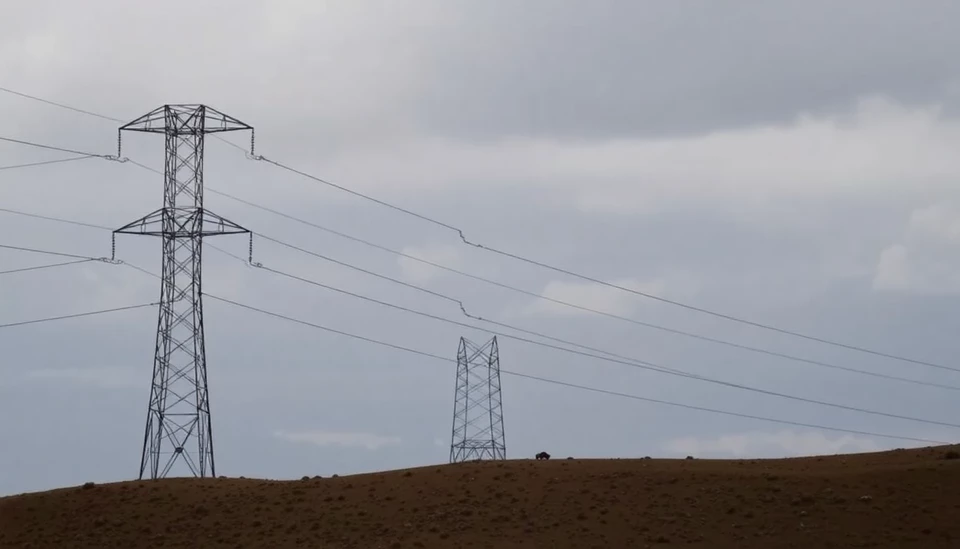
In a significant development, South Africa has announced a reduction in power cuts that had plunged the nation into darkness and disrupted daily life. This decision comes on the heels of experiencing the most severe outages in a year, which had left citizens frustrated and resulted in widespread criticism of the government and the state-owned utility company, Eskom.
The recent power cuts reached dizzying levels, with the country's residents facing blackouts lasting up to 12 hours a day. Eskom, which provides the majority of the nation’s electricity, has struggled with aging infrastructure, maintenance issues, and insufficient generation capacity, leading to this unprecedented crisis.
As the South African government faces mounting pressure from citizens and businesses alike, the announcement of a temporary easing of load shedding has been greeted with cautious optimism. Officials stated that they aim to stabilize the grid and minimize the adverse effects that have disrupted economic activity and everyday life.
The easing of power cuts comes as Eskom has taken measures to repair and upgrade its electricity generation facilities. In recent weeks, efforts to bring more power online have begun to yield results, leading to a decrease in power outages. However, while the situation appears to be improving, experts note that long-term solutions are still necessary to address the root causes of the ongoing electricity crisis.
In response to this temporary relief, industry leaders and economic analysts have expressed their hopes for a gradual recovery in productivity and economic growth. Many sectors of the economy, from manufacturing to services, have faced significant challenges due to the extensive power disruptions, resulting in lost revenue and stalled investments.
Despite the good news, authorities remain vigilant as the electrical grid remains fragile. They have warned that while the immediate situation may improve, the country could still face periodic load shedding if the current challenges, such as maintenance and infrastructure upgrades, are not addressed adequately. Moreover, there is a growing consensus that South Africa must diversify its energy sources to mitigate dependency on Eskom and enhance the resilience of its power supply.
Looking ahead, stakeholders are anxious to see if the government will implement substantial reforms in the energy sector, which could ultimately foster a more stable and reliable electricity grid in the long term. For now, South Africans are cautiously welcoming the news, hoping it signifies a step toward resolving a crisis that has burdened them for years.
In conclusion, as South Africa navigates this complex power dynamic, the nation waits to see if the recent measures taken will translate into lasting improvements for its future energy landscape.
#SouthAfrica #Eskom #PowerCuts #ElectricityCrisis #LoadShedding #EnergyReform #SustainableEnergy
Author: Rachel Greene




